From the mat to the middle, mobility isn’t just flexibility.
It’s about joint health, range of motion, and control. Our athletes increasingly rely on practices like Pilates to stay balanced, prevent injury, and perform with efficiency.
Jos Buttler is perhaps best placed in the 4CAST roster to back up that statement.
"I have a more personal insight into the importance of core strength because my wife Louise runs a Pilates studio in London," he explains.
"I have enjoyed getting into Pilates. I am not the most supple but I enjoy Pilates more than yoga.”
Jos also connects it back to functional strength:
“Your core holds you upright," he said.
"It helps you bend and twist and jump; it helps you transfer power through your body; and it strengthens your posture, whether you are batting, sitting at a desk or running around a park."
WHAT THE EXPERTS SAY
Pilates teacher and strength coach Jayne Nicholls explains:
"Pilates provides a stable base for athletes. It improves balance and mobility without overextending joints. That’s why so many elite athletes add it into their regimes - it’s sustainable."
PRACTICAL TAKEAWAYS
1. Core is key:
A strong trunk supports movement in all directions.
2. Balance mobility with strength:
Flexibility without stability increases injury risk.
3. Add variety:
Pilates or yoga-style work once or twice a week can support heavy training.
THE BOTTOM LINE
For Jos, Pilates isn’t about flexibility - it’s about function.
For the rest of us, mobility training may not win Test matches, but it does mean better posture, stronger movement, and reduced injury risk.






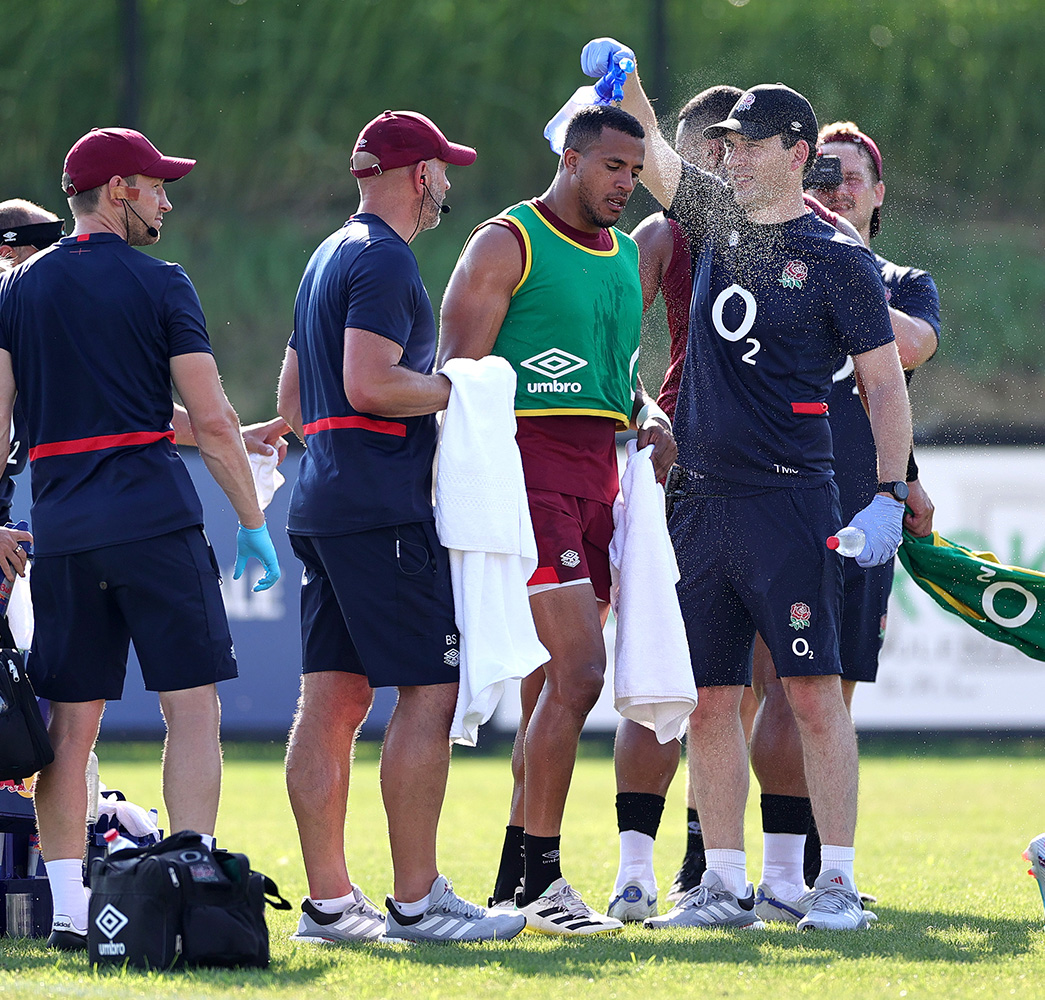

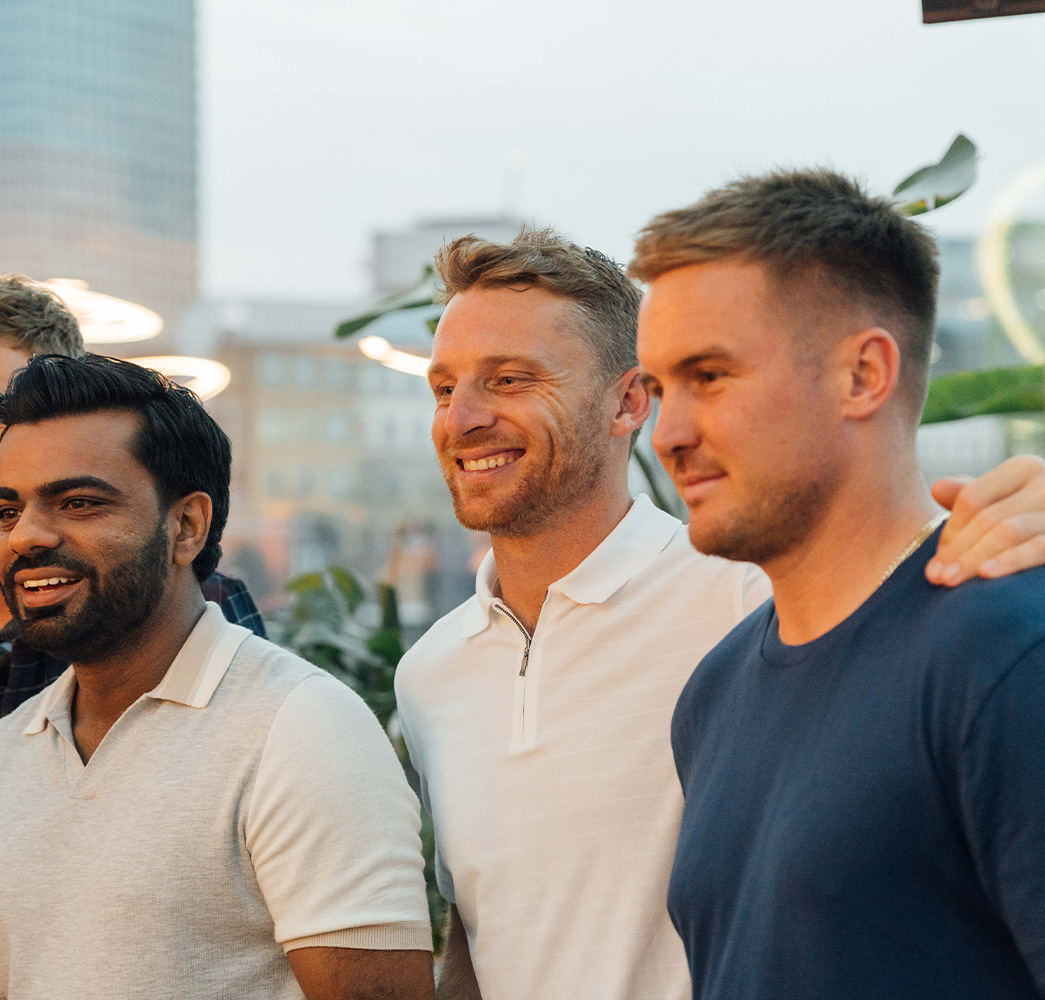
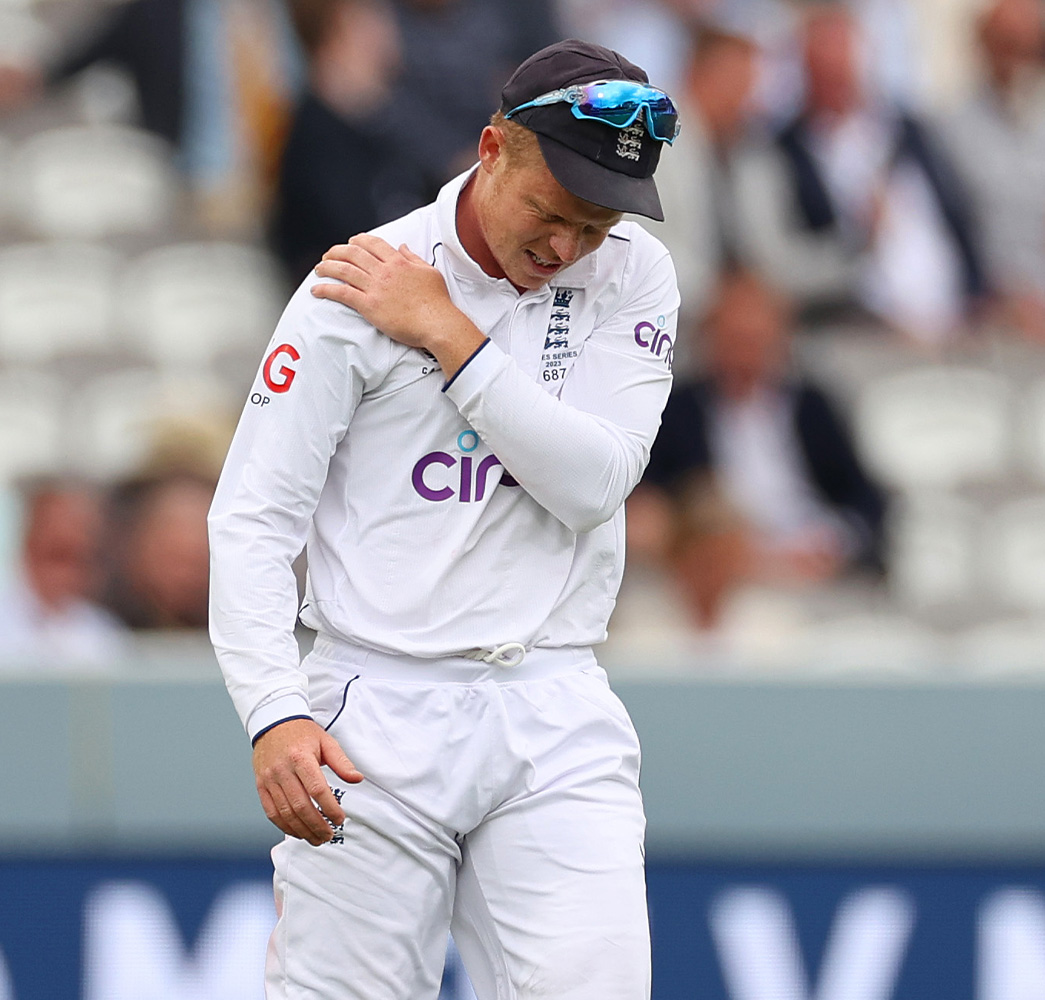

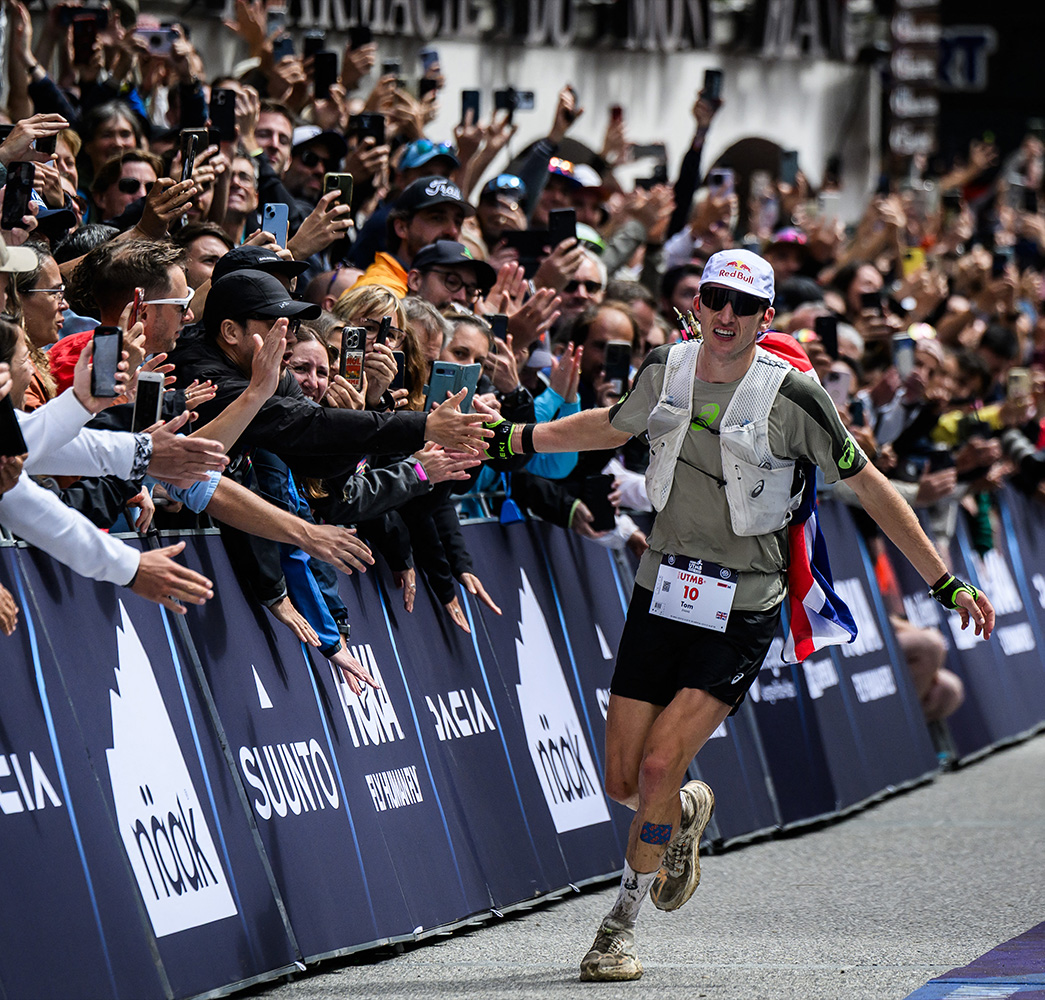
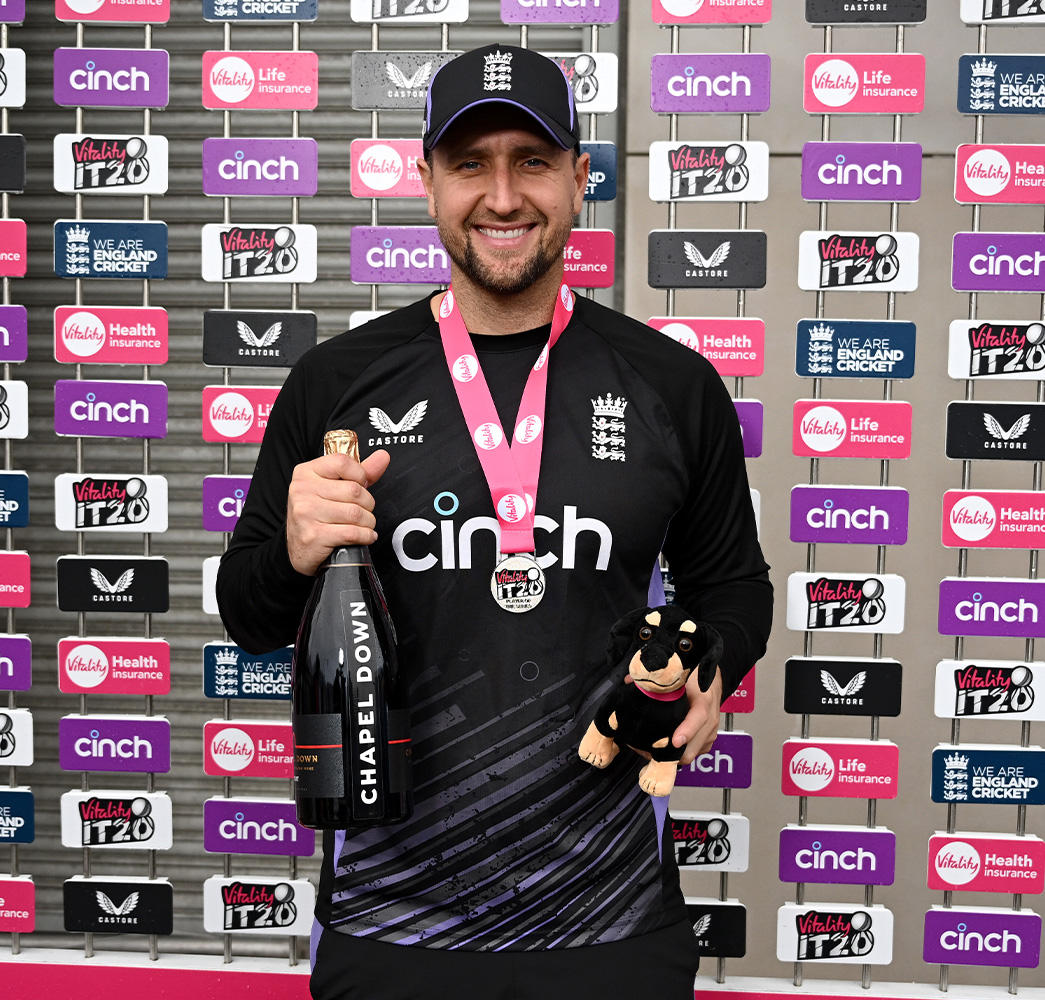
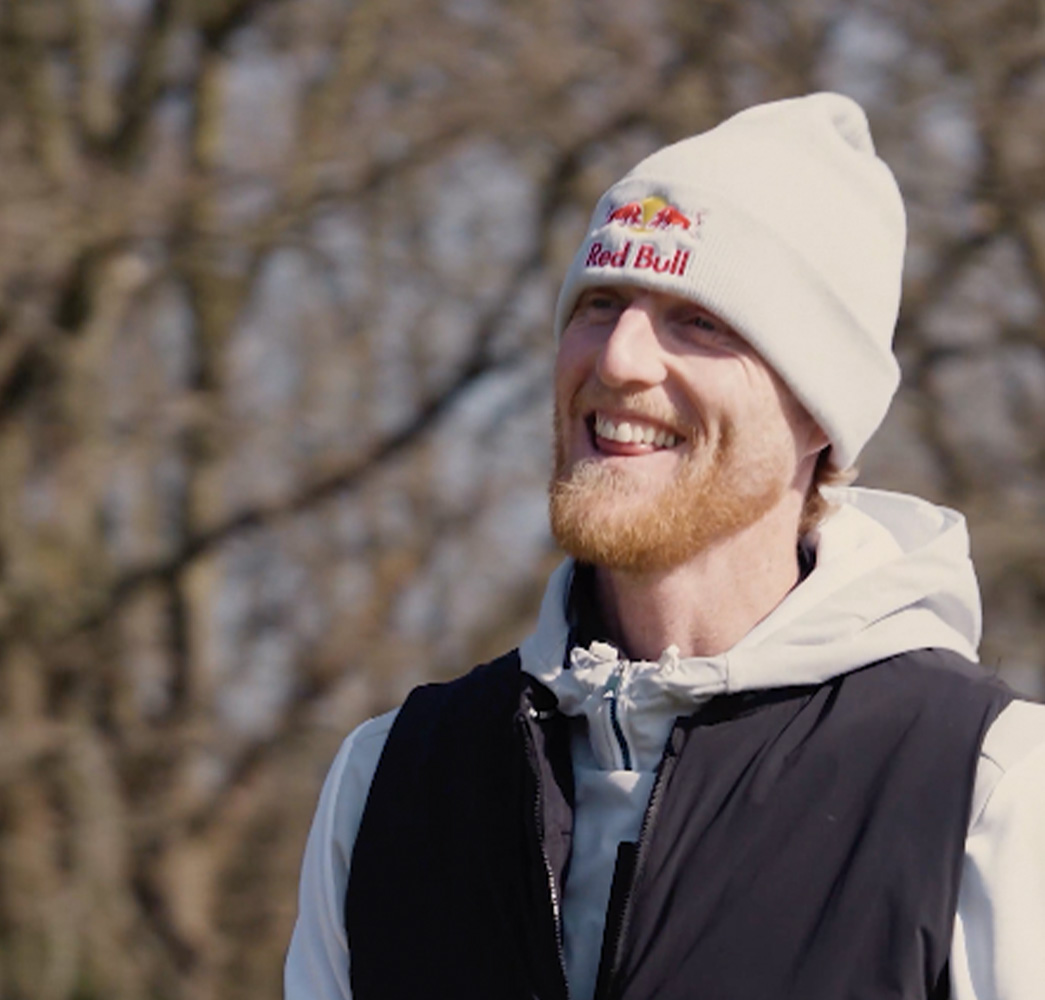
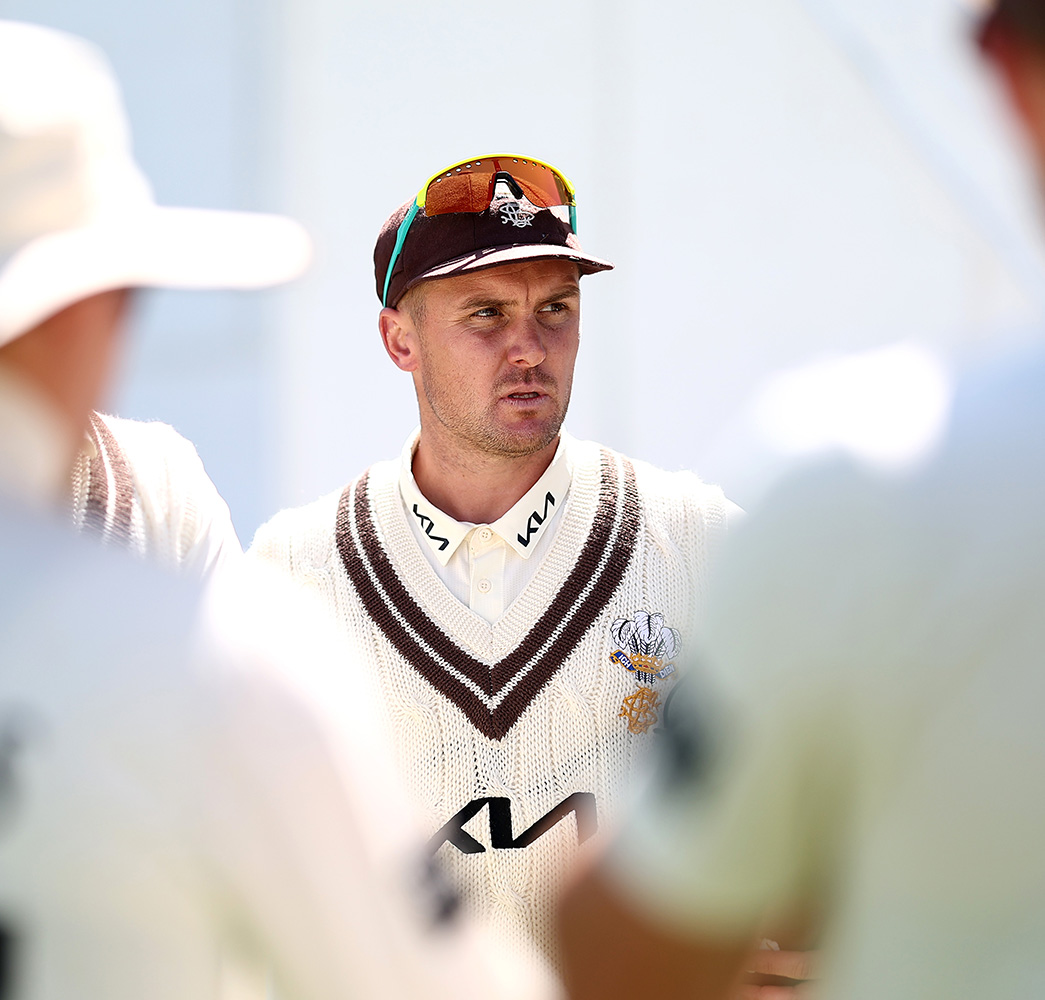
.png)







